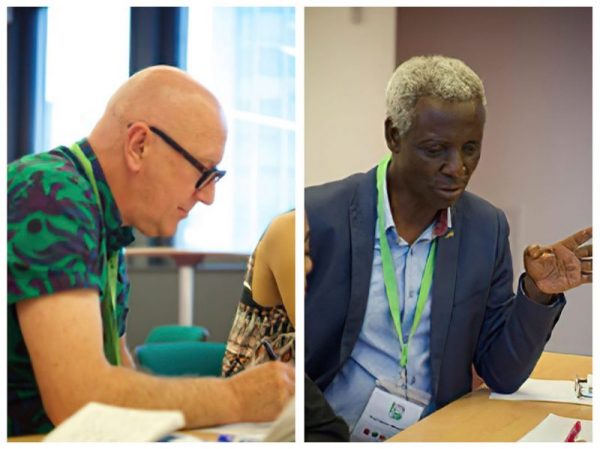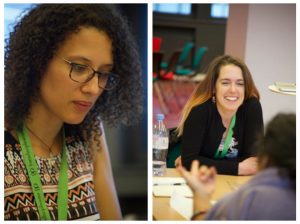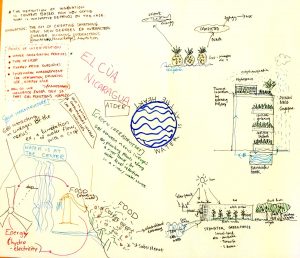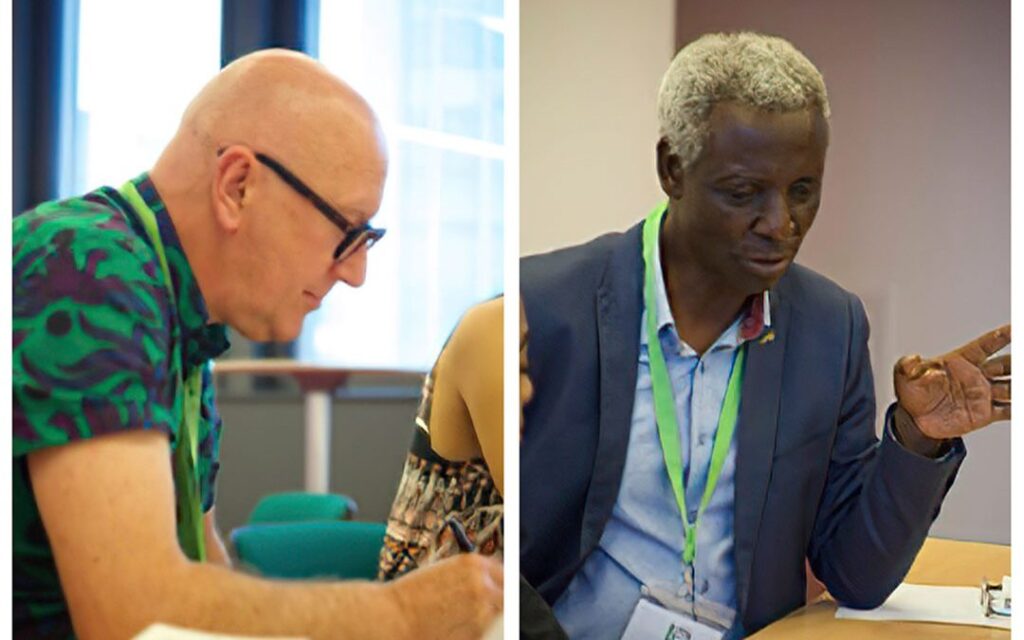


IFWEN updates: Exploring innovation
The IFWEN project, which convenes ICLEI Africa, Fundação Getulio Vargas (FGV), Stockholm Resilience Centre (SRC), The Nature of Cities (TNOC) and Yale University, seeks to explore these questions. The project aims to understand how we can innovate for improved interactions between food water and energy sectors, for social, environmental and economic benefit, and how we can draw nature-based solutions into such innovations. More particularly, the project is hoping to develop tools for improving innovative governance of nexus and nature in urban contexts. This is an ambitious task, given that there are wide definitions of innovation, which are often subjective, and that no standardized definition of nexus is yet deployed – rather nexus is thematically described as interactions between elements or systems.

These blog posts, shared over the next year, will offer key ideas, anecdotes and stories emerging from the IFWEN project, as well as insights from the cities engaged in the process.
Based on the criteria, developed as part of Work Package 1 and endorsed by the Consortium partners, ICLEI Africa screened its network of cities to identify four African cities for in-depth analysis across the project. The following four African cities have been selected and validated by the Consortium partners:
- Antananarivo, Madagascar
- Dodoma, Tanzania
- Johannesburg, South Africa
- Lilongwe, Malawi
As a first step, the project sought to build shared understanding of what innovation might mean, and to explore how we approach the concept of food-water-energy nexus in practice.
The Nature of Cities (TNOC) Summit, hosted in Paris in June 2019, presented a unique platform for exploring interactions of food systems with nature, biodiversity, inter-dependent resource systems and innovation. A session co-convened by ICLEI Africa and Stockholm Resilience Centre explored intuitive responses to defining innovation, notably that:
- it is context based
- it is about adaptation
- it could include new ways of looking at something, to keep track of changing systems or to identify new systemic configurations
- it is solutions oriented, either “a surprising conclusion that brings solutions” or a purposeful pursuit
- or it is dismissive of tradition – must it be new? Must it be transferable?
- it could simply be rebranding or reinvention
- it is not the only thing needed: we also need maintenance for longevity
- it is perhaps, when speaking about nature, about rediscovery of nature – or a return to default.


When exploring nexus, two key observations emerged: Firstly, food is often the entry point or key motivation for why a nexus approach is attempted in out cases – the desire to ensure healthy and stable food systems requires provision of reliable resources. Secondly, while food is the entry point, water is the most important resource to assure the stability of food and energy systems. “Water is at the heart,” given its potential energy and its basis for life. Insights from this session have been complemented with a number of nexus and green and blue infrastructure case studies in cities around the world that describe and analyze the capabilities needed by urban actors for implementing nexus projects.
These themes will set a basis for deeper discussion at a project team meeting coming up in Sao Paolo in September 2019.


